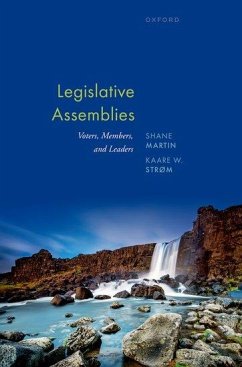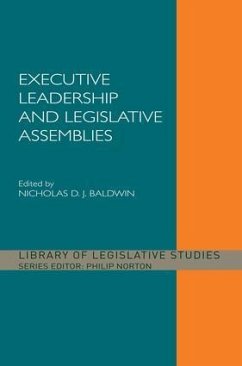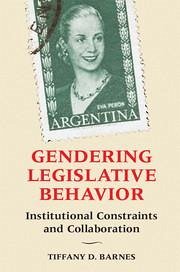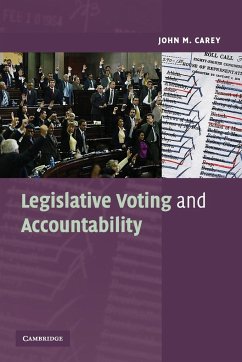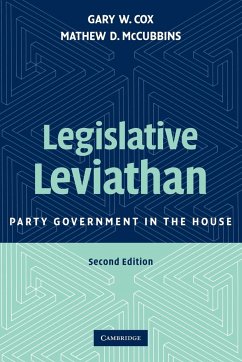
Shane Martin (Dean of Postgraduate Research and Education and AnthoKaare Strà m (Disting Distinguished Professor of Political Science
Broschiertes Buch
Legislative Assemblies
Voters, Members, and Leaders
Versandkostenfrei!
Versandfertig in über 4 Wochen
Weitere Ausgaben:

PAYBACK Punkte
21 °P sammeln!




This book analyzes national legislative assemblies in the world's 68 most populous democracies, based on three models of ideal types of democratic assembly. The authors show that the fate of incumbents is dependent on member resources and leadership control but is ultimately constrained by voter confidence.
Shane Martin is Dean of Postgraduate Research and Education at the University of Essex where he also holds the Anthony King Chair in Comparative Government. His research focuses on legislative organization and in particular on how electoral incentives shape representatives' preferences, the internal structures of parliaments, executive oversight and the production of public policy. He maintains a strong interest in Irish politics. He previously taught at the University of Leicester, Dublin City University, the Pennsylvania State University, and the University of California, San Diego. Awards include a Government of Ireland Research Fellowship and a British Academy Mid-Career Fellowship. Kaare W. Strøm is Distinguished Professor of Political Science at the University of California, San Diego, having previously taught at Michigan State University, the University of Bergen, and the University of Minnesota. His research interests include political parties, coalition theory, European politics, and legislative institutions. He has held fellowships at the Hoover Institution on War, Peace and Revolution, the Norwegian Academy of Arts and Sciences, the Rockefeller Foundation at Bellagio, and the Center for Advanced Study in the Behavioral Sciences (CASBS). He is a Fellow of the Norwegian Academy of Arts and Sciences and also a Fellow of the Royal Norwegian Society of Science and Letters.
Produktdetails
- Verlag: Oxford University Press
- Seitenzahl: 432
- Erscheinungstermin: 9. November 2023
- Englisch
- Abmessung: 156mm x 234mm x 28mm
- Gewicht: 664g
- ISBN-13: 9780198890843
- ISBN-10: 0198890842
- Artikelnr.: 67713564
Herstellerkennzeichnung
Libri GmbH
Europaallee 1
36244 Bad Hersfeld
gpsr@libri.de
Für dieses Produkt wurde noch keine Bewertung abgegeben. Wir würden uns sehr freuen, wenn du die erste Bewertung schreibst!
Eine Bewertung schreiben
Eine Bewertung schreiben
Andere Kunden interessierten sich für


